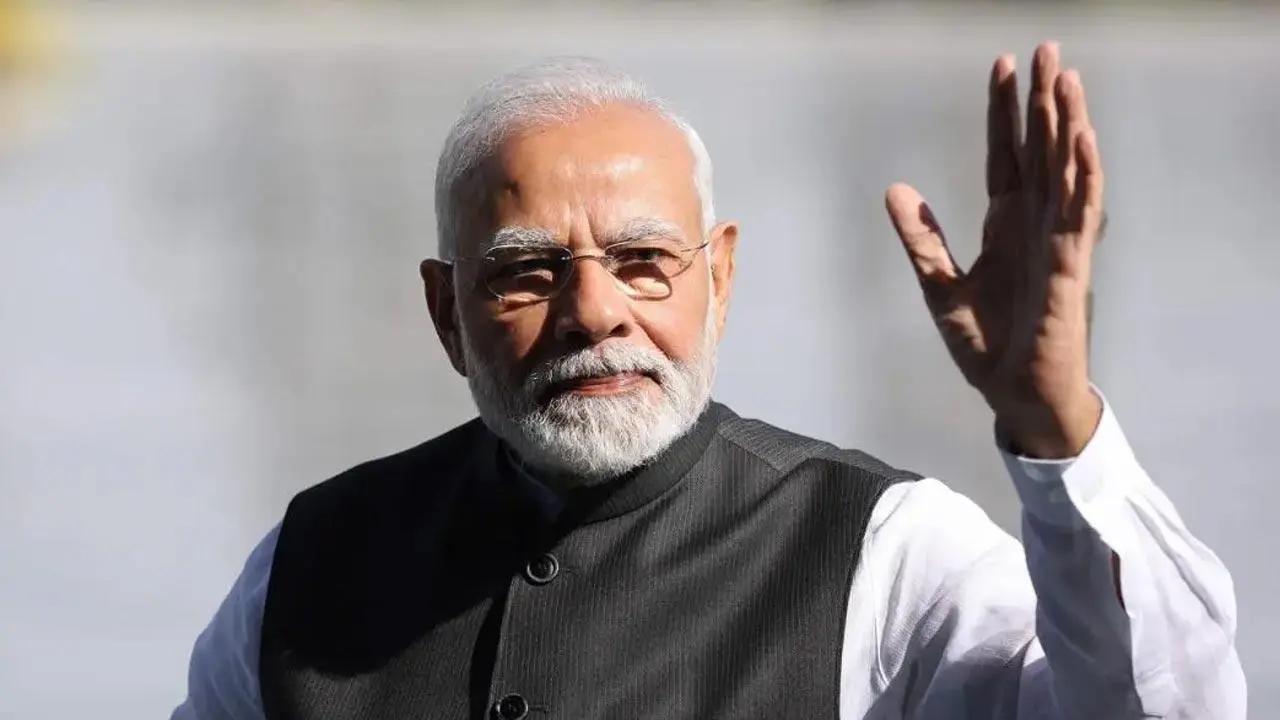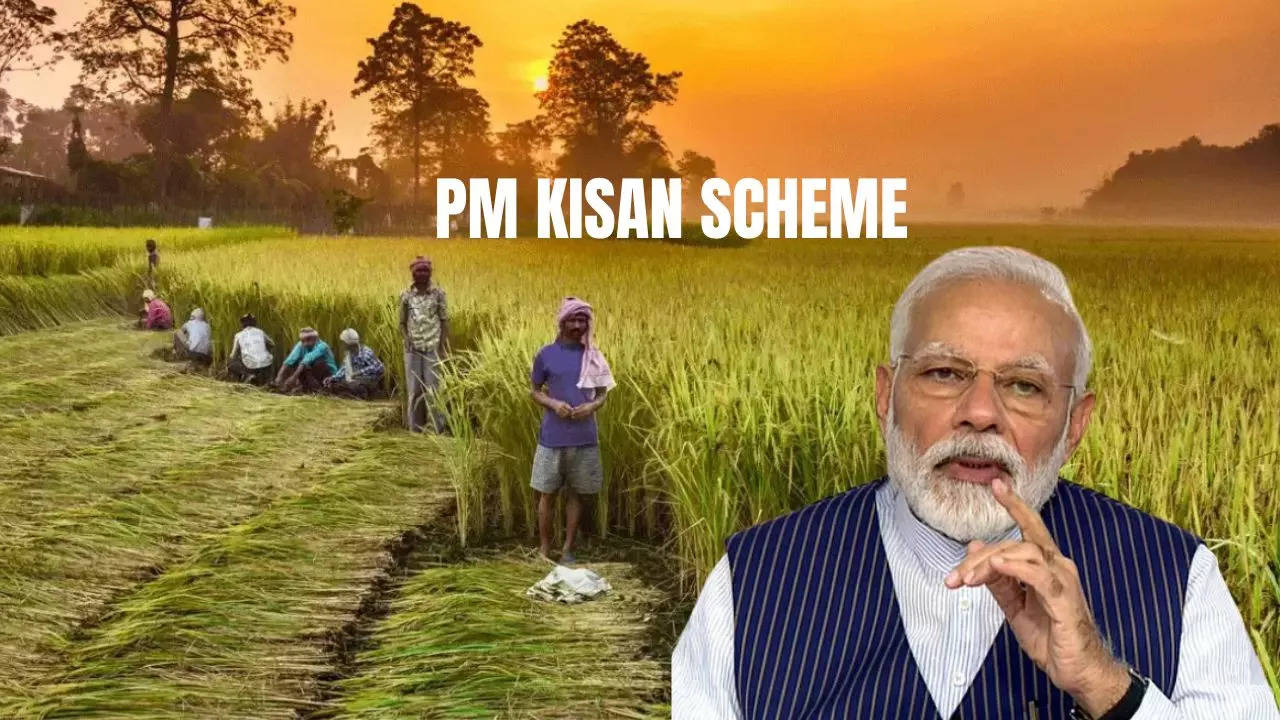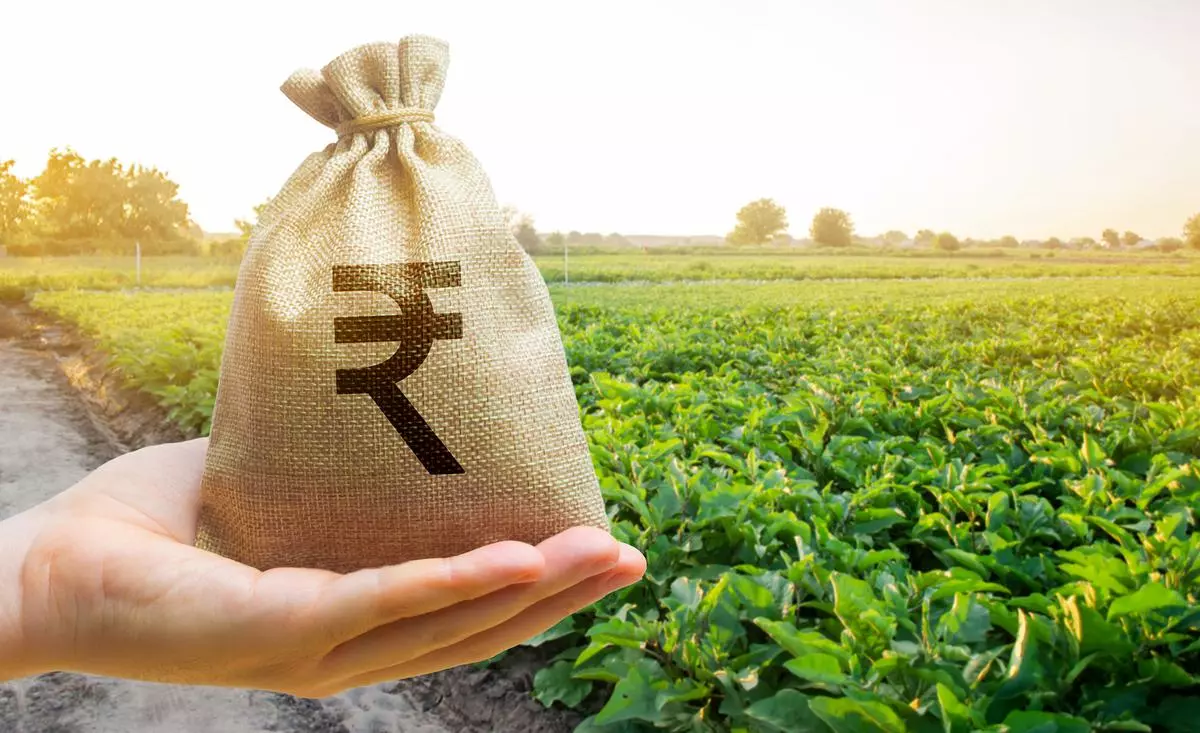PM Modi transfers Rs 17,000 crore to 85 mn farmers under PM Kisan

PM Modi transfers Rs 17,000 crore to 85 mn farmers under PM Kisan
At a ceremony in Sikar, Rajasthan, on Thursday, Prime Minister Narendra Modi distributed the 14th instalment of the Pradhan Mantri Kisan Samman Nidhi (PM-KISAN) initiative, worth Rs 17,000 crore to 85 million farmers.
More than Rs 2.59 trillion has been sent to farmer bank accounts since the direct cash transfer system was introduced in February 2019. Under the programme, farmers receive yearly cash support of Rs 6,000 in three equal payments.

Farmers with land holdings within specific exclusion criteria now receive financial help through PM Kisan. Officials from the agricultural ministry claim that a database is being developed to facilitate the quicker identification of PM Kisan and other plan recipients.
According to research conducted by the International Food Policy Research Institute (IFPRI), PM-KISAN grants have helped farmers cover their agricultural needs and other expenses such as education, healthcare, and marriage.
In a speech announcing the creation of 0.12 million PM Kisan Samriddhi Kendras (PMKSKs), where farmers can access equipment, seeds, fertilizers, and facilities for testing the soil, Modi claimed that this would “directly benefit crores of farmers at the village and block level.”
He declared that 0.17 million more PMKSKs will be created before the year ends.
He introduced sulfur-coated urea, or “urea gold,” which authorities said would remedy the country’s sulphur deficit for the soil and reduce input costs for farmers. According to officials, normal urea absorbs nitrogen at a rate of 30%, neem-coated urea at 50%, and nano urea at roughly 80%.

When announcing the inclusion of 1,600 farmer-producer organizations (FPOs) on the open network for digital commerce (ONDC) platform, Modi said that this would “make it easier for the farmers to take their produce to the market from any part of the country.” On the ONDC platform, more than 3,000 agricultural items, including millets, spices, drinks, fruits, vegetables, and cereals, are now being marketed.
More than 6,300 FPOs have been registered so far under the plan to generate 10,000 FPOs by 2025.
As we embrace the year 2023, India’s Prime Minister, Narendra Modi, has made a significant stride towards supporting the country’s agriculture sector. In an unprecedented move, PM Modi has transferred an enormous sum of Rs 17,000 crore directly to 85 million farmers under the Pradhan Mantri Kisan Samman Nidhi (PM-KISAN) scheme. While being one of the largest of its kind globally, the initiative underscores the Indian government’s commitment to its agriculture sector and the welfare of its farmers.
Launched in December 2018, the PM-KISAN scheme is an income support scheme for India’s small and marginal farmers. The initiative aims to supplement the financial needs of these farmers by providing them with a direct cash benefit. The scheme was intended to alleviate farmers’ immediate hardships and financial stress, especially those with less than two hectares of land.

Under PM-KISAN, eligible farmers receive up to Rs 6,000 annually in three equal instalments. The money is directly deposited into the farmers’ bank accounts to ensure transparency and eliminate any potential for corruption or misuse of funds.
The most recent disbursement by PM Modi, amounting to Rs 17,000 crore, significantly boosts India’s farmers. Notably, the benefit will reach 85 million farmers, covering a substantial portion of India’s farming population.
The government’s Direct Benefit Transfer (DBT) system facilitated funds transfer directly into the beneficiary’s bank accounts. This ensured a secure and efficient process. This move strengthens the central government’s transparency initiatives and highlights the possibilities of leveraging digital technology for governance and social welfare.
The implications of this fund transfer extend far beyond financial support. By putting money directly into the hands of farmers, the initiative empowers them to make independent decisions about their farm operations, whether investing in better quality seeds, new technology, or additional resources to boost their crop yield.
In addition, the cash injection into the rural economy can stimulate local businesses, generating additional employment and contributing to broader economic growth. Moreover, the government’s financial security can lead to better mental health among farmers, reducing stress related to financial uncertainties.

While the PM-KISAN scheme has received praise for its progressive measures and substantial positive impacts on farmers’ lives, it is not without its challenges. Some critics point out that there is room for improvement in the identification and selection of beneficiaries. This is crucial to ensure that all those in need benefit from the scheme and that the assistance does not leak to non-eligible recipients.
Moreover, the scheme’s impact on agricultural productivity and sustainability is yet to be thoroughly studied. As the government continues with the PM-KISAN scheme, monitoring these impacts and making any necessary adjustments to maximize its effectiveness will be essential.
The recent transfer of Rs 17,000 crore by PM Modi to 85 million farmers under the PM-KISAN scheme is indeed a milestone in the government’s efforts to enhance the welfare of India’s farming community.

The initiative is a significant step toward recognizing the importance of agriculture in India’s economy and the necessity of safeguarding farmers’ interests. While challenges remain, the government’s commitment towards agricultural reforms and farmer welfare cannot be understated. As India moves forward, the benefits of such initiatives will undoubtedly play a crucial role in shaping the country’s agricultural landscape.




